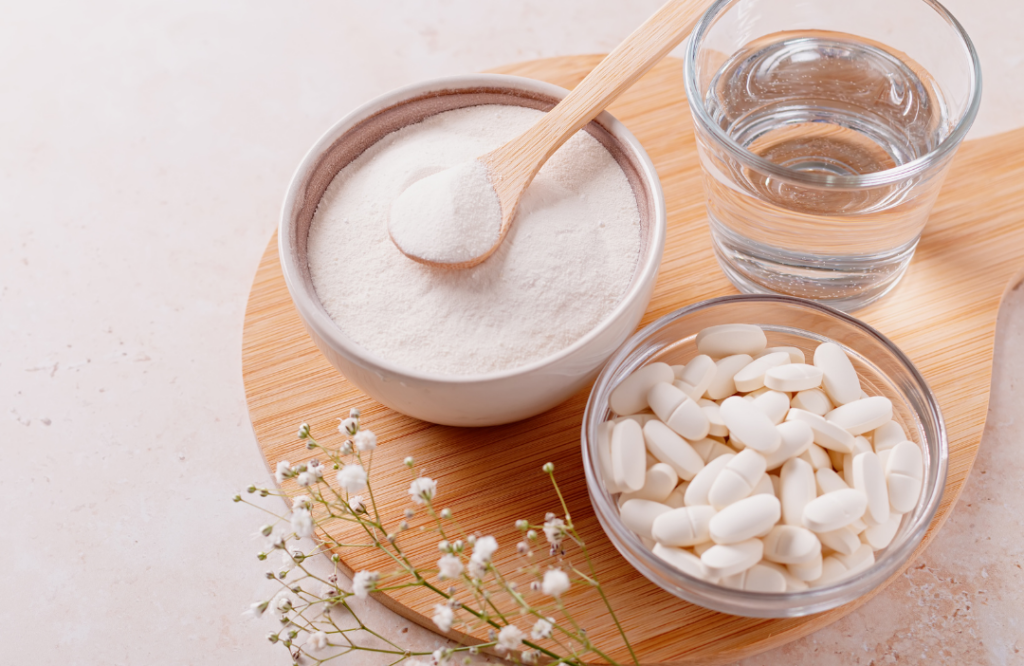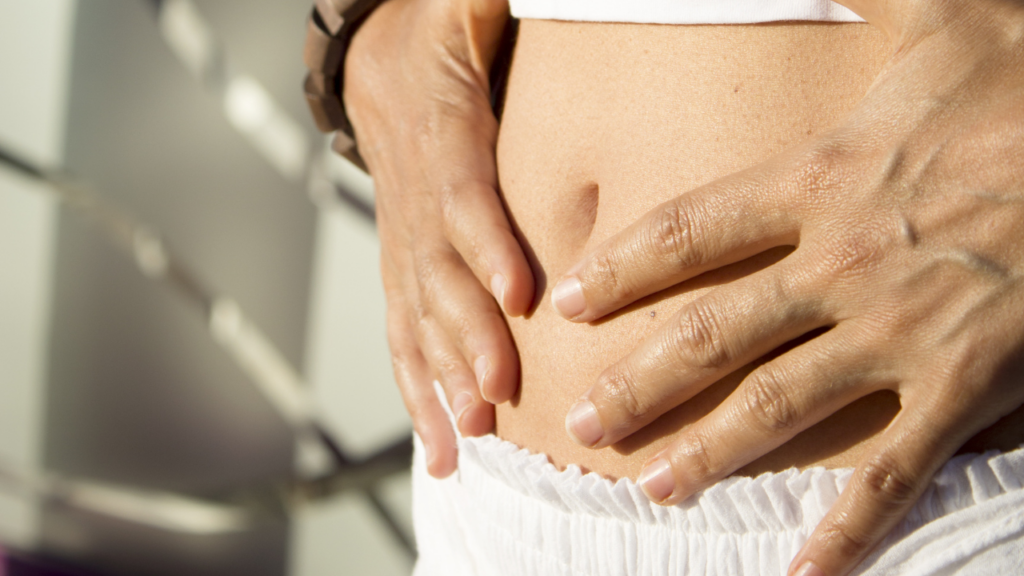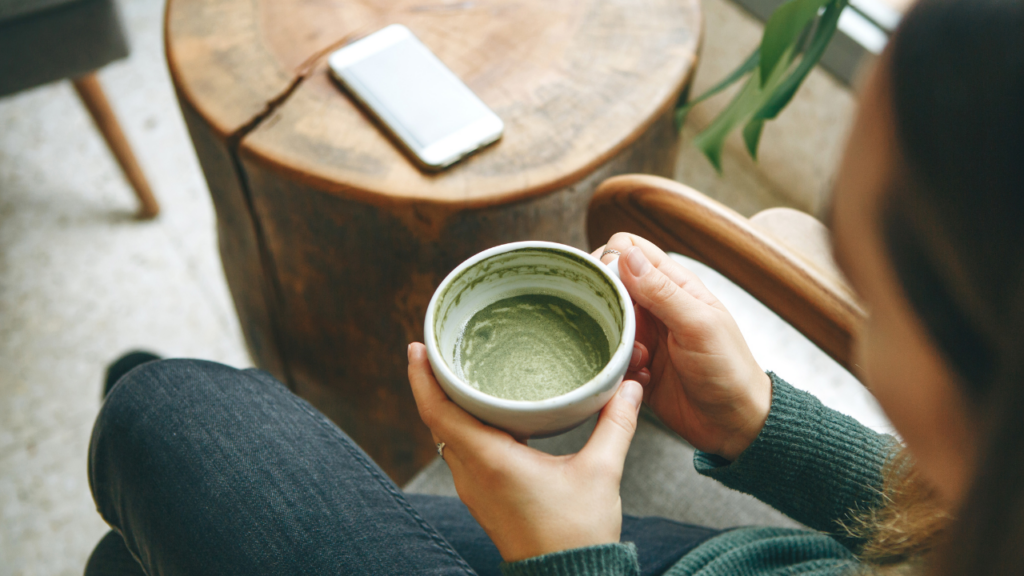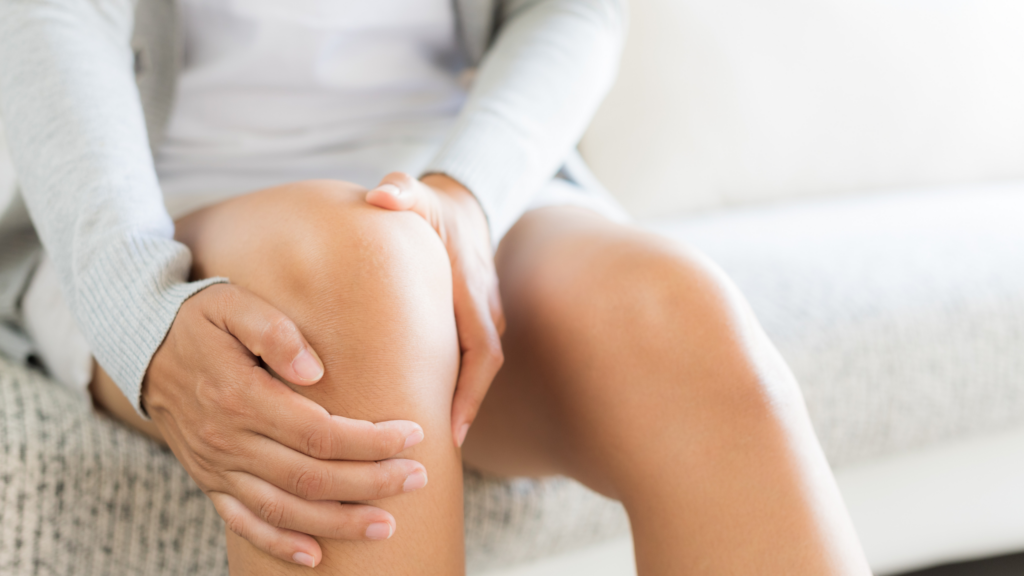The Hidden Benefits of Getting Sick
Published on September 20, 2017 by Dr. Caitlin Gordon
 We have become a society of people who want a pill to fix every ill. We can’t afford to be getting sick. Literally. We don’t have the time to miss work, we can’t take the pay cut, we don’t have enough sick days, we’re saving our few sick days for our summer vacation, etc.
We have become a society of people who want a pill to fix every ill. We can’t afford to be getting sick. Literally. We don’t have the time to miss work, we can’t take the pay cut, we don’t have enough sick days, we’re saving our few sick days for our summer vacation, etc.
We also fear to get sick for other reasons. The media presents story after story of the flu killing hundreds every winter, a scratch that turns into sepsis and kills an otherwise healthy woman, the sinus infection that turned out to be brain cancer.
Googling scares the shit out of us. We become convinced a cough is on its way to pneumonia.
The problem is that when we go see a doctor for something like an earache or stuffy nose, we are likely to leave with a prescription. Doctors are incentivized to write prescriptions. Financially there’s incentive. Also, they feel compelled to give you what you want (which, for most people is a feel-better pill), and they worry about malpractice suits if they send you off and it turns out to be something that needed treatment. So often, they err on the side of overtreatment rather than risking under-treatment. The problem is, we’ve gone way off the deep end with over-treating.
The over-prescription of antibiotics, painkillers, and steroids is EPIDEMIC. Doctors are prescribing you drugs that have huge risks not only to your health but to society as well. Antibiotic superbugs are the result of the over-prescription of antibiotics. You are more likely to pick up a strain of staph that could kill you because your neighbors go get a Z-pack (antibiotics) every winter when they pick up a bad cold from their kids. Painkillers are highly addictive, wreak havoc on the gut (sometimes causing permanent nerve damage), and steroids have often intolerable side effects along with serious risk to heart health.
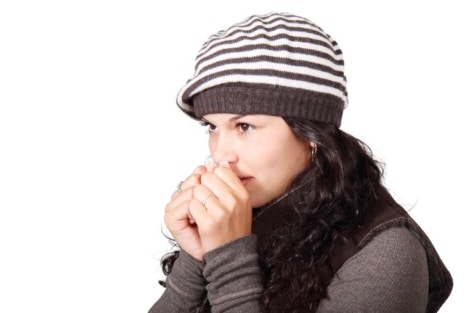
It should also be mentioned that you take a risk when you go to the doctor’s office, urgent care, and especially to the hospital. The strains of viruses, bacteria, and fungi that live in places where sick people congregate are the worst of the worst. You do not want to be anywhere near a hospital unless you are in very bad shape. You risk picking up something much worse than you walked in with. Save urgent care and ER visits for true emergencies.
Getting Sick: when to wait it out
So what’s a sick schmuck to do? If it is the first week of symptoms, and you don’t have a fever over 103, in MOST cases the best course of action is just to stick it out. Your immune system is designed to fight off bugs. You likely have a virus, and there is nothing to do but support your immune system. Rest, drink water, eat raw garlic (an amazing and effective natural antiviral), drink chicken soup (it increases white blood cells to help you fight off bugs), go see your acupuncturist. There are a plethora of safe effective herbal options to support immunity and offer relief from cold and flu symptoms. TRUST in your body’s ability to heal. You might feel like crap, but you probably aren’t dying. Unless you have cancer, are pregnant, are very frail and weak, or have an immunocompromising disease, a little discomfort from a stuffy nose, earache, or chest cold is NOT going to kill you.
Getting sick: when to see your doctor
Be smart about it. If it’s been 7 days and your symptoms get worse and not better, you may need to see your doctor. In contrast, if it takes 3 weeks for your stuffy nose to fully clear, this is no reason for a doctor visit. Slow improvement from a cold or flu is not a red flag for needing antibiotics.
If you have a fever of over 103, go see a doctor. However, a low to medium grade fever that lasts 1-4 days is the body’s normal reaction to a virus or infection. It is the mechanism for the immune system to fight it. The heating up of our core temp kills bacteria and viruses. So skip the Tylenol, and sweat it out like grandma said. You will recover faster. By suppressing a fever, you are suppressing the immune system.**
**If you have a fever over 103 there are some risks–mainly dehydration. Fevers accompanied by severe headaches, very stiff neck, or shortness of breath should be evaluated by a doctor.
Getting Sick: the silver lining
When you allow your body’s immune system to fend something off without the use of antibiotics, your immune system gets stronger. Antibiotics weaken the immune’s system ability to function well in the future. They should be used as a LAST resort, in cases where an infection poses a serious risk to your health.
The common cold, earache, sinus infection, sore throat, or even flu (if you are a generally healthy not-receiving-chemo human) is no cause for a prescription. For sinus infections, antibiotics improve symptom relief/speed recovery by only 24 hours. That means you’re trading a gut microbiome that will take 3 months to fully recover (gut microbiome is a primary factor in symptoms like fatigue, anxiety, and depression), an immune system that will be more vulnerable in the future, and possible side effects like diarrhea and yeast infections for one day of faster relief.
Have to take an antibiotic?
⇒Download this free guide to the safest and riskiest antibiotics
Additional sources for information contained in this article
- https://www.health.harvard.edu/blog/when-do-you-really-need-antibiotics-for-that-sinus-infection-2016092610399
- https://www.consumerreports.org/sinusitis/antibiotics-for-sinus-infections-why-you-dont-need/
- https://chriskresser.com/should-ear-infections-be-treated-with-antibiotics/
- https://www.ncbi.nlm.nih.gov/pmc/articles/PMC4703655/
- https://www.nytimes.com/2011/01/11/health/11klass.html
Want to work with me?
The contents of this site, including text, graphics, images, and other material are for informational purposes only. Nothing contained in this site is or should be considered or used as a substitute for professional medical or mental health advice, diagnosis, or treatment. Please schedule an appointment for personalized health advice.

